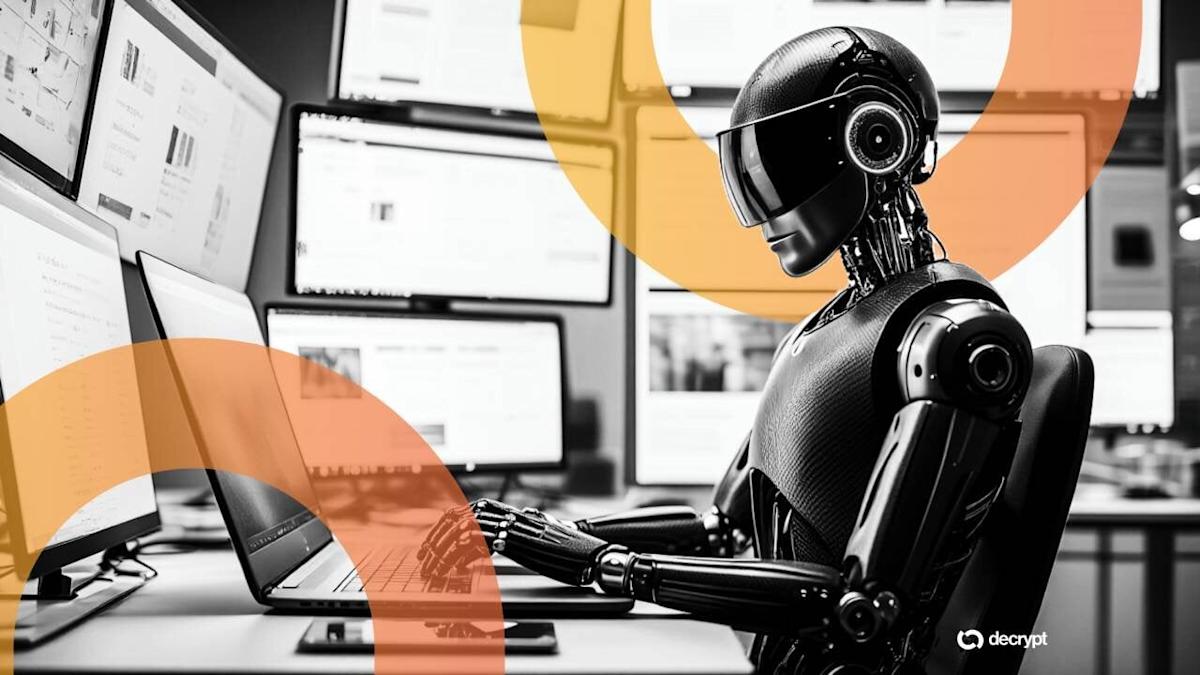Peaq Unveils Tokenized Robo-Farm in Hong Kong
Peaq, a blockchain network focused on the so-called Machine Economy, announced Tuesday the launch of what it calls the world’s first tokenized robo-farm.
The project is being developed in partnership with DualMint, a platform for tokenizing everyday businesses, and KanayaAI, a Hong Kong-based urban agritech company.
At Korea Blockchain Week 2025, peaq co-founder Leonard Dorlöchter said the project is designed to run autonomously and enhance food infrastructure.
“It’s a vertical farm which is autonomously farming and producing crops and has a yield of approximately 20%,” he said. “Can you imagine just with a farming machine you can generate a yield of 20% while contributing to critical food infrastructure?”
Vertical farming—the practice of growing crops indoors in stacked layers, often in warehouses, shipping containers, or purpose-built towers—relies on artificial lighting, climate control, and hydroponics to produce food in dense urban areas where land is scarce.
Advocates say it can deliver consistent yields close to consumers while requiring less land and water than conventional agriculture. With growing interest in the vertical farming space, the market is expected to reach $124 billion by 2035.
The Hong Kong facility is designed for about 12 crop cycles a year, compared to three or four in traditional farming. According to Peaq, the system will use one-tenth the water, no pesticides, and ten times less land than comparable farms. Fresh vegetables, including lettuce, kale, and spinach, will be delivered directly to residents on a subscription basis.
Where tokens come in
Tokenization, the process of turning ownership rights in a real-world asset into digital tokens on a blockchain, will underpin the project’s financial model.
In this case, the farm’s revenues will be represented as non-fungible tokens on the Peaq blockchain, giving holders a share of the cash flow. DualMint is managing the tokenization, with an early access waiting list already open for the sale.
Peaq operates as a Layer-1 blockchain built for connected devices and robots. DualMint specializes in bringing revenue-generating businesses, such as laundromats and vending machines, on-chain.
KanayaAI, meanwhile, develops automated vertical farms for urban environments. Together, the three companies frame the Hong Kong project as a way to merge blockchain, automation, and sustainable food production.
The effort builds on broader trends in agricultural robotics.
Companies have already deployed AI-driven robots that remove weeds, move plants in nurseries, and harvest crops in controlled environments. In Arizona, modular robotic vertical farming systems, like Opollo Farm, are already shipping leafy greens directly to markets.



Leave a Comment
Your email address will not be published. Required fields are marked *